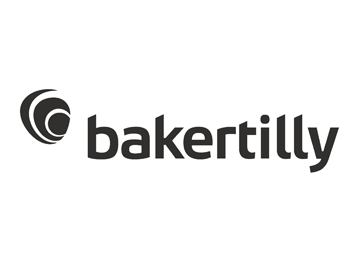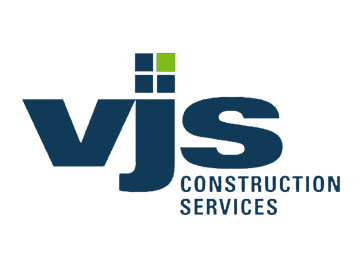Moving Our State Forward: Guest Column by State Representative Rob Summerfield

Rep. Rob Summerfield
Wisconsin’s future rests on our ability to address two emerging public policy problems: a lack of affordable workforce housing units and a lack of access to basic high-speed internet services.
At a recent informational hearing in the Senate Committee on Housing, Commerce and Trade, various experts painted the picture of a Wisconsin that is at risk of falling behind. According to Dr. Mark Eppli, a professor of real estate at the University of Wisconsin – Madison, while housing demand is stable, the homeownership rate is falling. In fact, the median age for first-time home buyers is now 33 years old. This is primarily the result of a lack of supply in affordable housing units, which has driven up costs and forced many young people out of the market.
This trend has made Wisconsin an unattractive destination for the next generation. According to Dr. Eppli, our state is currently running a migration deficit with individuals ages 20 – 24 as many students opt for leaving the state after graduation. This is not good for the economic outlook of Wisconsin as its workforce continues to age without a replacement population available.
This issue is further compounded by a lack of reliable high-speed internet services. The internet underlies all the major facets of our modern society, including education, healthcare and business. I think this is one of the notable takeaways from the COVID-19 pandemic. Yet, according to the FCC, roughly 400,000 Wisconsinites lack access to basic internet speeds, with some 20% of rural residents falling into this category. It is hard to sell Wisconsin as an attractive option for families, and especially young people, when many areas cannot provide access to basic services. Neighboring states, like Illinois, Minnesota and Michigan, have all rolled out aggressive proposals to connect their states and bolster their economies. Our state needs bold, innovative solutions to ensure we can compete.
The Legislature has been making progress on these issues over the past few years. During my first term, I worked with Governor Walker to enact 2017 Wisconsin Act 176 to create a low-income housing tax credit program (LIHTC). This proposal was followed up by an entire workforce housing package the following session. Although the pandemic struck soon after and we ran out of time, I reintroduced one of those proposals earlier this year – Assembly Bill 156. This bill builds on the model of LIHTC by creating a workforce housing tax credit to incentivize the construction of workforce housing units.
We are making similar progress on the broadband front. The broadband expansion grant program has been an incredibly effective tool at encouraging expansion into previously unserved areas. Internet connectivity has also received increased interest across the board. Over the past two years, the federal government has created grant programs totaling over $11 billion to address access concerns. At the state level, I have been working on securing more funding for the expansion grant program and restructuring it to ensure funds are better utilized to connect the state.
Despite there not being clear, easy solutions to solving Wisconsin’s workforce housing shortage and lack of high-speed internet access, these recent steps are positioning our state to remain a competitive economic environment for decades to come. I am optimistic we are making progress and moving in the right direction.
State Representative Rob Summerfield (R-Bloomer) represents the 67th Assembly District in the Wisconsin Legislature. His Assembly district includes most of Chippewa County and roughly half of Dunn County.































